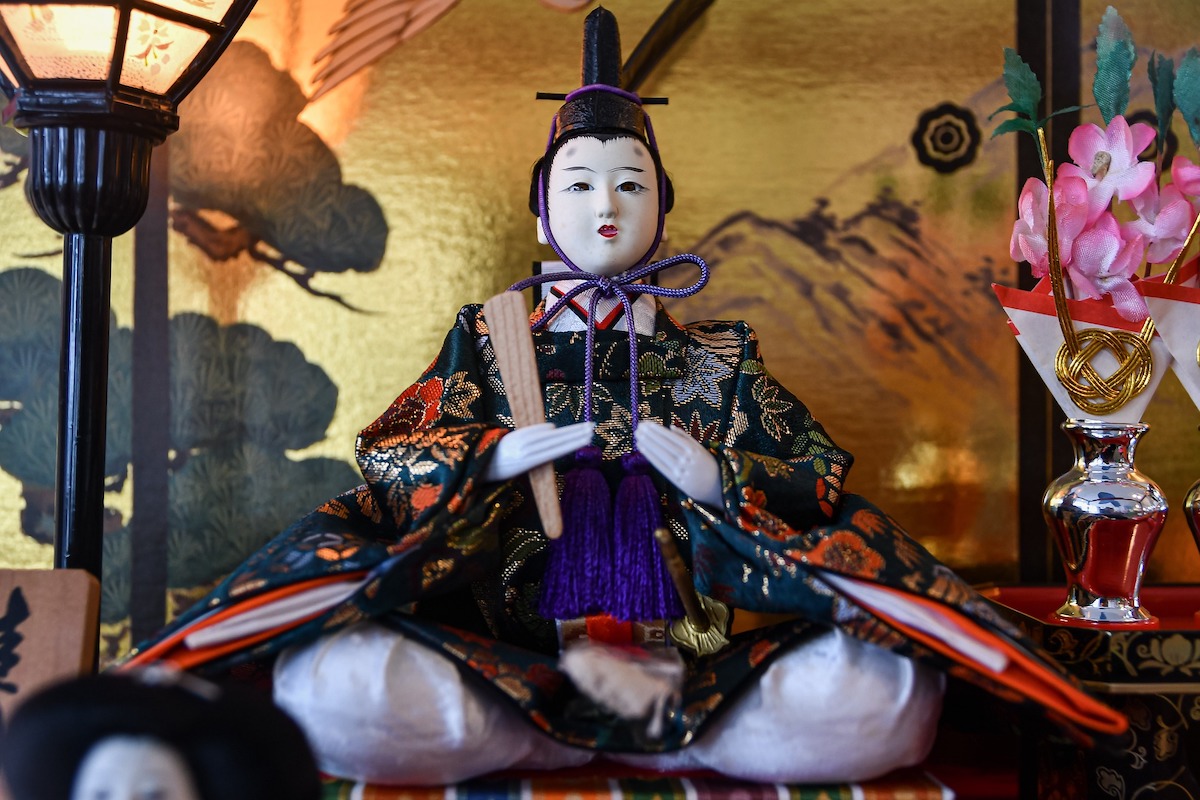
Every day during dinner, I ask my son (6) what he did at preschool that day. Usually, the answers range from playing with friends to doing some craft, but every now and again he’ll say something and, despite understanding the words coming out of his mouth, I have no idea what he’s talking about.
“I forgot to wear the toilet slippers and my socks got wet”; “I was chased by a monster and threw beans at it”; “I poked my teacher in the butt”. (All real things my son has said to me).
It’s only when we have these conversations, and I tell him about my time at school in England, that my wife and I fully grasp the differences in raising a child in Japan.
THE GOOD:
Cleaning
I remember once, as a punishment for chewing gum at school, I had to use a scraper and remove the gum from the underside of all the desks in my classroom.
I never chewed gum at school again.
Children in Japan spend time each morning cleaning their classrooms, corridors, and even the school toilets. Inevitably, this leads to them keeping those spaces clean throughout the day, as the only person who will have to deal with the mess later will be themselves. I love this about Japanese schools, and it’s even encouraged my son to ask to help out with chores at home. His current favourites are cleaning the windows and wiping the table before dinner.
Time to be a kid
Our son has been in a Japanese preschool for three years. Compare this to my own experience of one year in preschool, then straight into elementary school, and my son has had two more years of playing than I ever had. His peers in England have spent the past two years learning to read and write, while my son has been painting, playing in the sand, catching bugs, and generally being a kid. Of course, this means he is academically behind other children his age in other countries, but research presents no evidence that an earlier reading age leads to greater academic success. (Here’s an interesting study on the topic- Reading Instruction in Kindergarten: Little to Gain and Much to Lose.
With this in mind, my wife and I are very happy for him to have more time playing in his early years.

Healthcare
Japan’s semi-private healthcare system was one of the biggest shocks when we moved over from England. We had grown up with the National Health Service, a government-funded system that is free at the point of use. Initially, we saw the idea of having to pay for private medical insurance and treatment as and when we needed it as archaic and ultimately expensive. But what we’ve come to realise is that the benefits of the system used in Japan far outway any perceived negatives.
We are able to make an appointment and get seen the very same day, we can choose a clinic or hospital based on our needs, and we can ask for certain tests and treatments rather than be at the mercy of an over-stretched public service. Also, children receive free medical care up to the age of 15, so whenever our son has a slight fever or is feeling out of sorts, we can take him straight to the local clinic and have him checked and given medicine all within the hour. The only times I ever went to the doctor in England was when it sounded as though I was coughing up a lung, or if a limb was about to fall off!
On the flip side, if he has even a slightly runny nose, his teachers will ask that we take him to the doctor rather than allow him to go to school.
Buy one, get one free
At home, we listen to English songs, read English books, and speak English. At school, my son listens to Japanese stories, gets instructions from a Japanese teacher, and plays with his Japanese friends. Without any studying in either language, he is bilingual at the age of 6. His Japanese is at the same level as his peers, and his English is better than any teacher that he’ll have at school in Japan. Had he grown up in England, his English would be the same as it is now, but he would not have absorbed a second language. Just by growing up here, he’s given himself a good headstart for the future. Also, if we want to have a private conversation in Japan, we speak English to each other, and when we visit England and want to speak privately, we speak Japanese. We feel like spies!
THE BAD
One ticket to the freak show, please
Every time I pick my son up from school, I am mobbed by his friends. “Ehhh, eigo shaberuyo?” (Huh, you speak English?) “Amerikajindesuka?” (Are you American?) “Ao me wa kirei!” (Blue eyes are beautiful!). Although the attention can be cute and fun at first, after three years I now feel like a celebrity getting chased by the paparazzi.
And the kids can be mean, too! Whenever I speak Japanese to them they just laugh at my pronunciation, and my son often has to act as a translator. Living in Japan for a long time, you forget how much you stand out, and I hope my son doesn’t have to deal with this during his schooling.
Fireworks
Kids don’t like to walk around a supermarket. Kids especially don’t like to walk around a supermarket after you’ve told them they can’t have that toy they really want. And things start to get loud when you tell them they also can’t have that chocolate, or bag of crisps, and if he keeps shouting then he can’t have anything when he gets home either.
I dare say this is quite the common sight in a British shop, but in Japan, if your kid kicks off, everyone starts to feel very uncomfortable. My wife easily gets embarrassed, my son doesn’t stop, and the pressure grows to either cave-in and buy him what he wants, aggressively scold him, or leave the shop without buying anything at all.
I can’t say I’ve experienced this same level of pressure (perhaps I’m just oblivious to the whole thing), but it also goes on public transport if your child is being noisy or disruptive, or when waiting at the doctor’s office or city hall.

THE ODD
Time to eat
Every day, my son takes a packed lunch to school. As he sits down to eat at around midday, his friends gather around him. “What will the foreign kid be eating today?”. They are still amazed when they see him produce a ham and cheese sandwich for the 400th time and rush home to plead with their parents for a sandwich the next day. It proves to no avail, as they return the next day with their intricately put-together bento, with animal-shaped rice balls, perfectly folded tamagoyaki, and a fresh side salad.
Our son isn’t a fussy eater, he just has his likes and dislikes. He’ll grow out of them eventually and he gets a decent, balanced diet in any case. However, next year he will be served school lunch every day, and he’s already starting to feel nervous about it. He has been told by his teachers that he will be expected to eat everything given to him, and with a class full of abiding Japanese students, he will find himself, once again, standing out when he won’t eat the steamed mackerel, tofu soup, or bowl of pickles.
Although we try to incorporate Japanese food into our home cooking every once in a while, we predominantly eat a Western diet. For breakfast, we eat toast, oatmeal, or cereal, as opposed to rice, soup, and fish. For lunch and dinner, we have everything from falafel and humous wraps, to a roast chicken dinner with potatoes and gravy. This cultural difference has made our son nervous to start elementary school, simply because he fears what food he may be served, and the repercussions if he won’t/can’t eat it.
Time for bed
When it comes to bedtime, our son puts on his pyjamas and brushes his teeth, and then we climb into his bed to read a book together. When we’re done, I tuck him, kiss him goodnight, and then leave him in his own bedroom. That’ll be the last time I see or hear from him all night… I hope! Japanese parents, and his teachers, think we’re a cold and distant family because we don’t all share a bed (or futon) and don’t sleep in the same room. His friends are shocked, and amazed, then they come over and see his bedroom with his bed, and their parents chalk it up as another strange foreign custom that we practice.
Celebrations
Shichi go san – not interested.
Kodomo no hi – have you seen how much those little armour sets cost?!
Hatsumode – I’d rather not queue for hours in the cold.
Setsubun – no, I don’t want my child chased by a “demon” and left crying in the corner, thank you.
We love living in Japan, but I don’t think there will ever be a time when we don’t stop and think “Blimey, this is weird”.


















